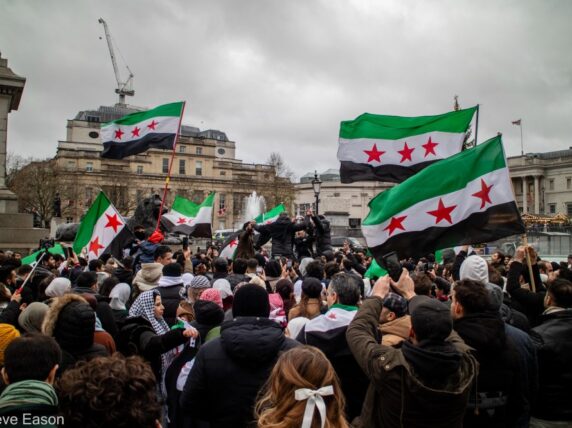Dr Dolf te Lintelo is a Research Fellow at the Institute of Development Studies, University of Sussex, where he leads the Cities Cluster. His research analyses the multi-scalar governance processes, actors, state/humanitarian/development policies and practices that govern poor and displaced populations’ incorporation into city life, globally. He has an enduring interest in urban informality; food/nutrition insecurity, poverty, and wellbeing, and the ways in which marginal groups exercise (constrained) agency and contest structural factors of disadvantage.
As principal investigator of ESRC/AHRC, NWO and British Academy funded multi-country, cross-disciplinary and cross-sectoral research collaborations, he investigates the global challenges of protracted displacement and the urbanisation of refuge. These projects investigate displaced people as city-makers, and assess placemaking, social assistance and housing informalities in Turkey, Lebanon, Jordan, India, Finland, Norway and the UK. His work was exhibited at the flagship British Academy Summer Showcase (2022), the Venice Architecture Biennale (2021), UN-Habitat III (2016) and the World Urban Forum (2020, 2022), amongst others, engaging professional and academic visitors as well as the general public.
Dolf enjoys adopting innovative mixed research methods and instruments, and has led the development of international evidence based metrics for government political commitment to address hunger and malnutrition (for more information see here). He has worked closely with African and Asian civil society partners to support policy advocacy seeking greater government accountability for undernutrition. Dolf has an enduring interest in how urban systems shape (urban) food and nutrition (in)security and has advised the UN World Food Programme. Dolf has worked extensively in urban and peri-urban contexts in South Asia (Bangladesh, India, Nepal), sub Saharan Africa (Malawi, Nigeria, Tanzania, Zanzibar, Zambia), the Middle East (Lebanon, Jordan, Türkiye) and in northern Europe (Finland, Norway and the UK).

